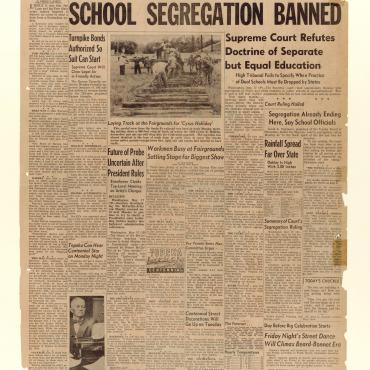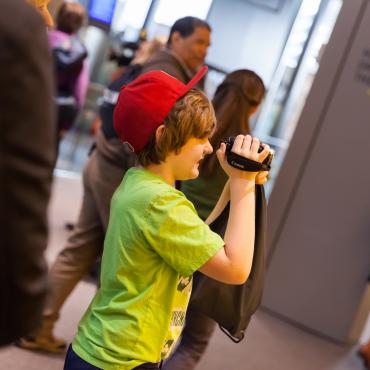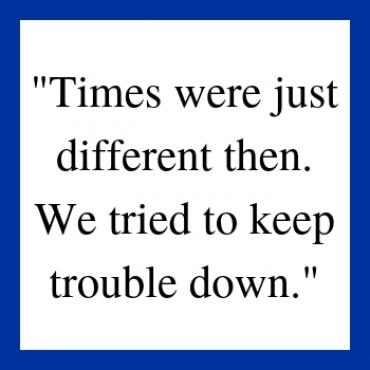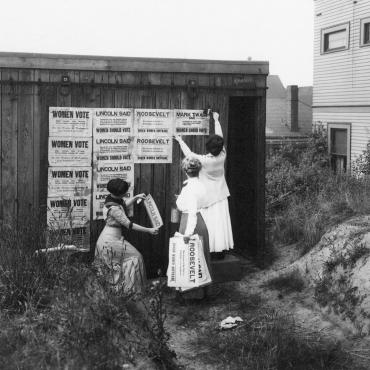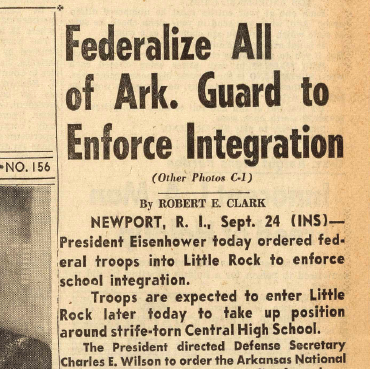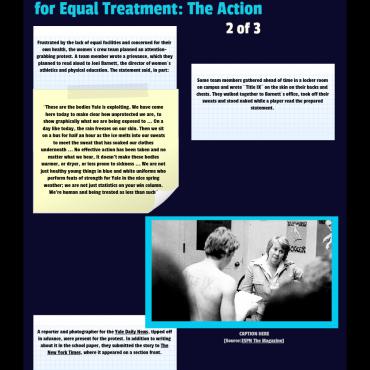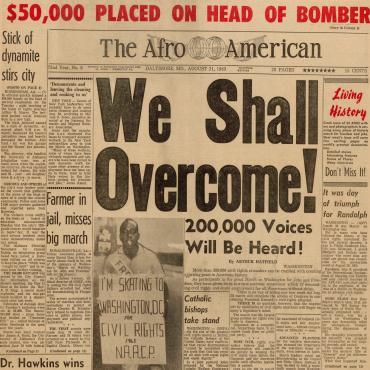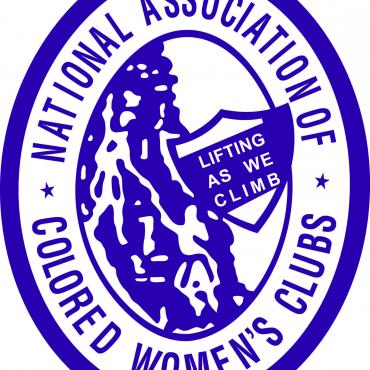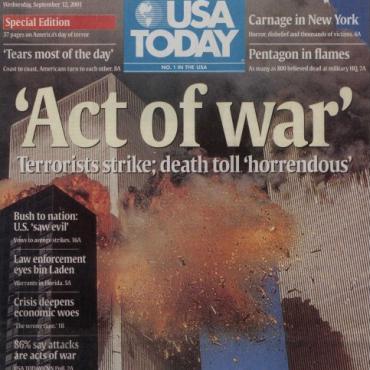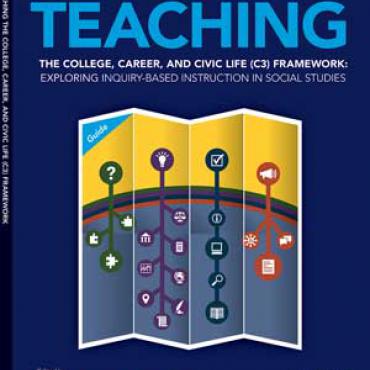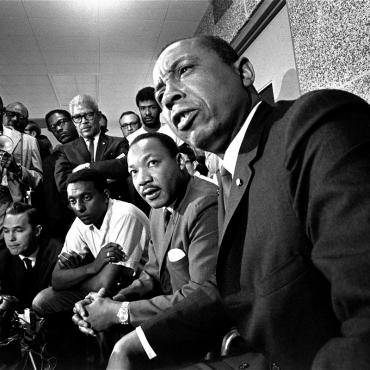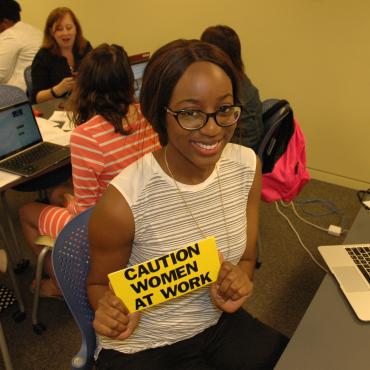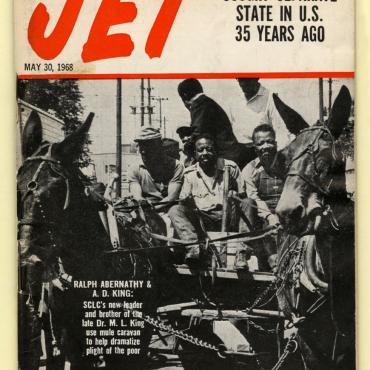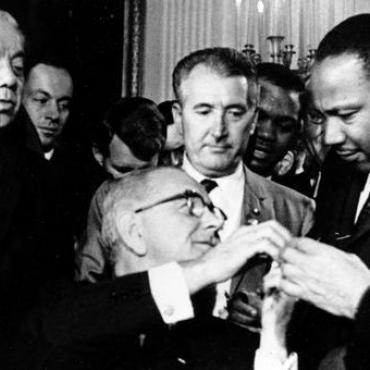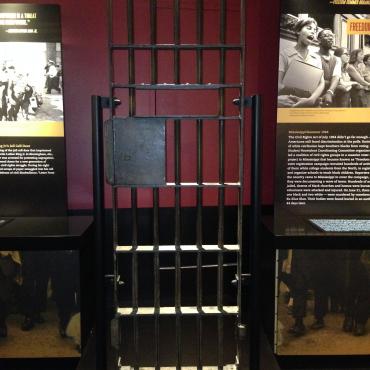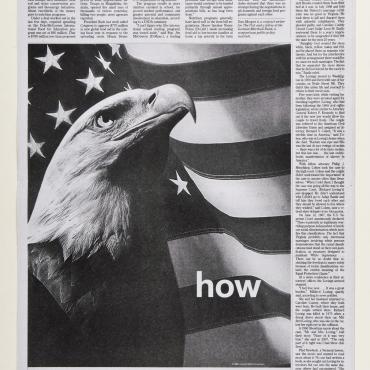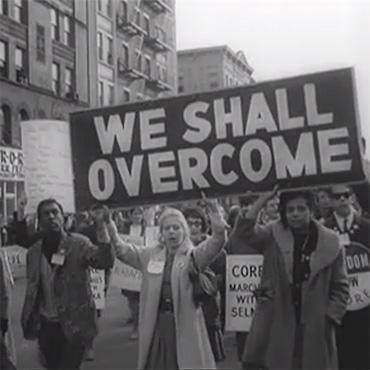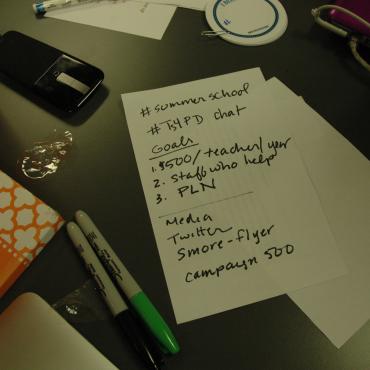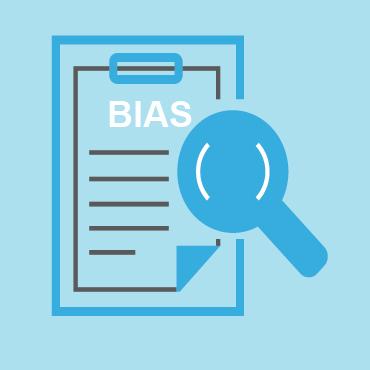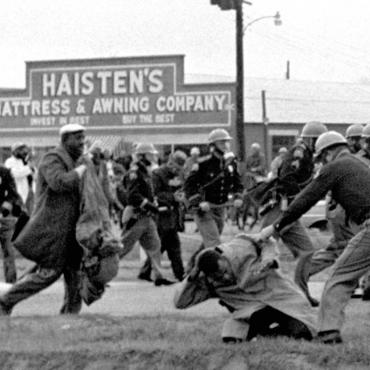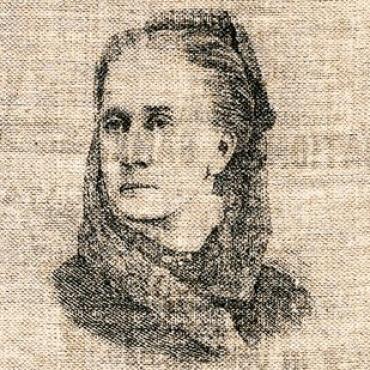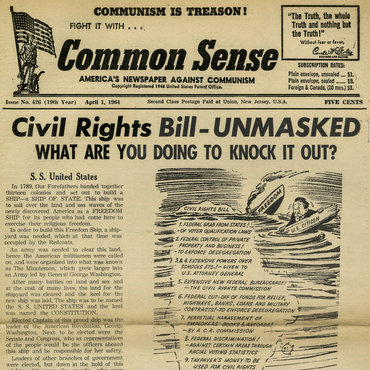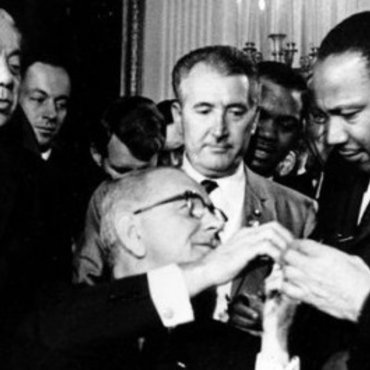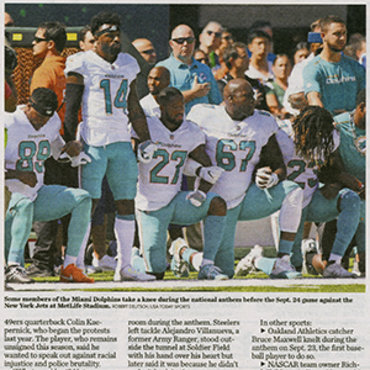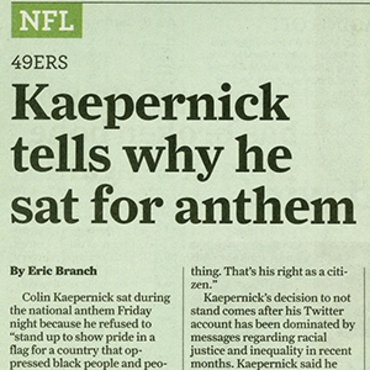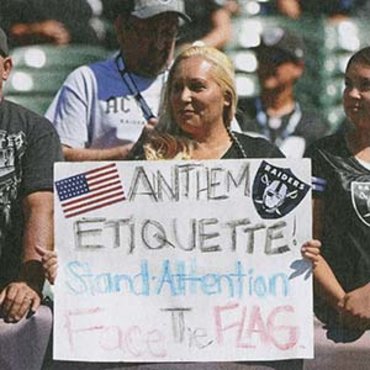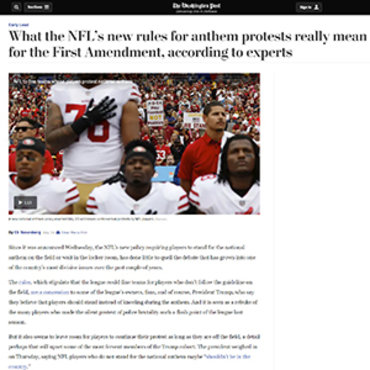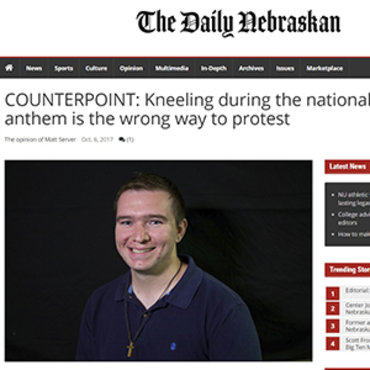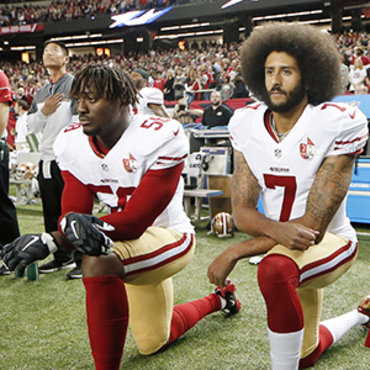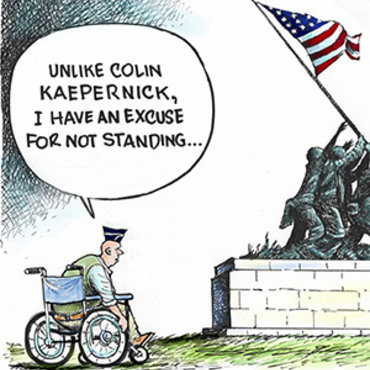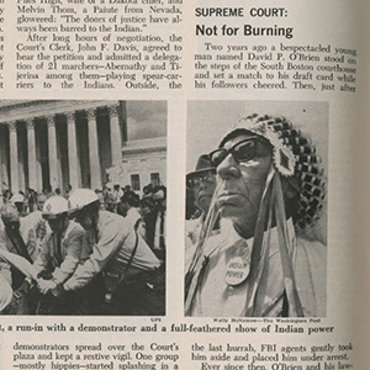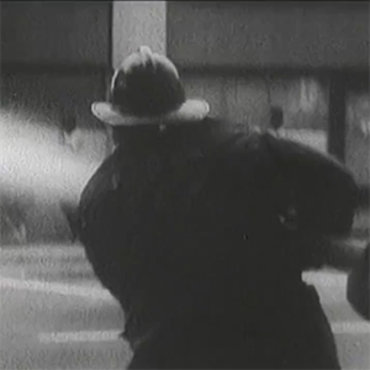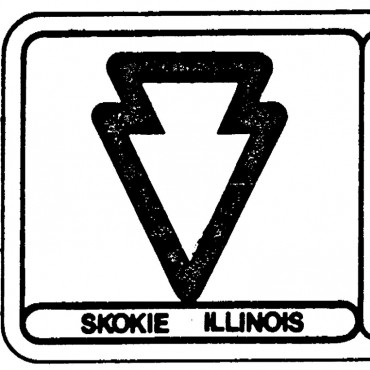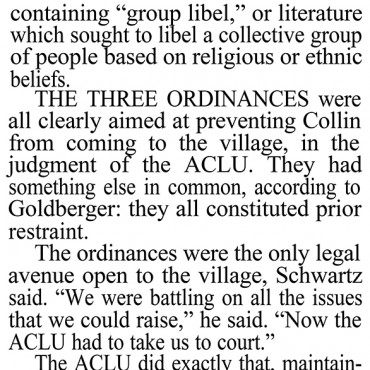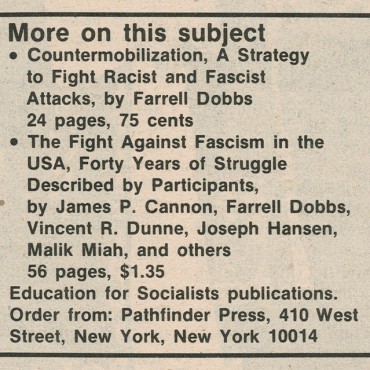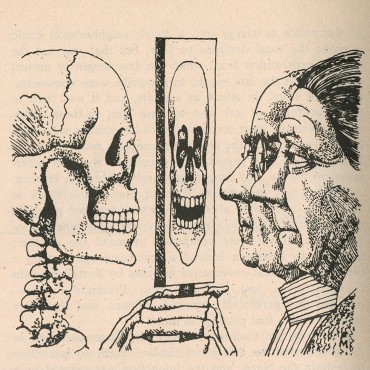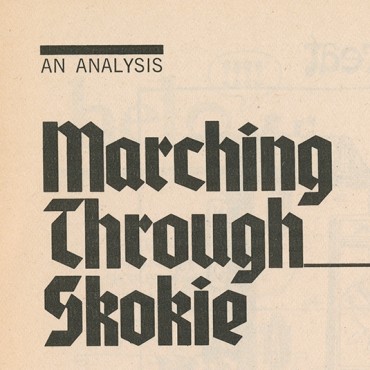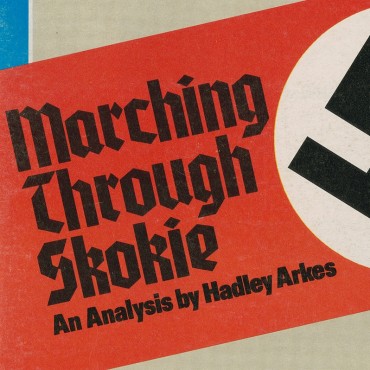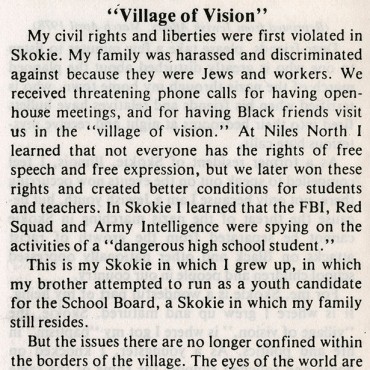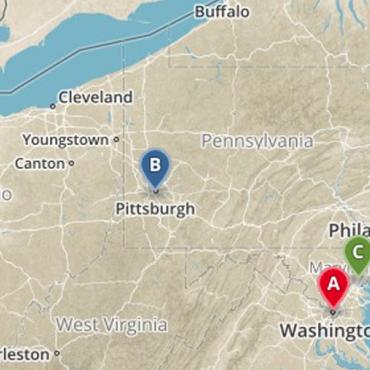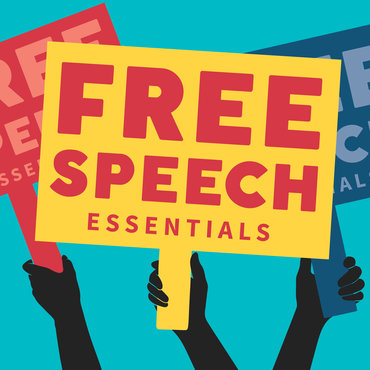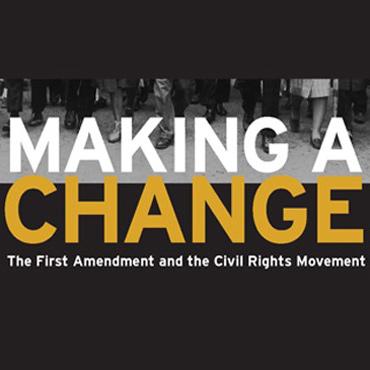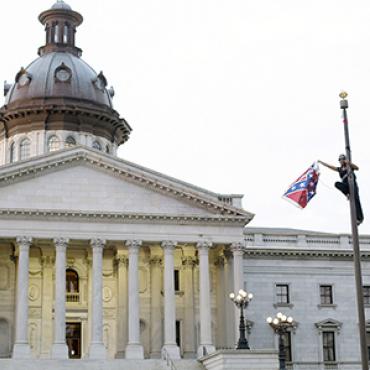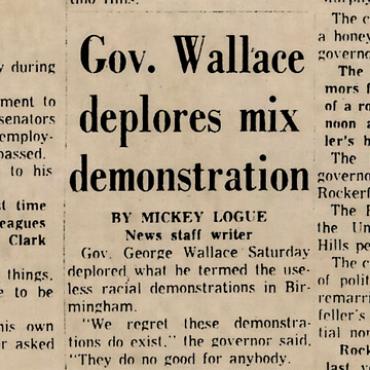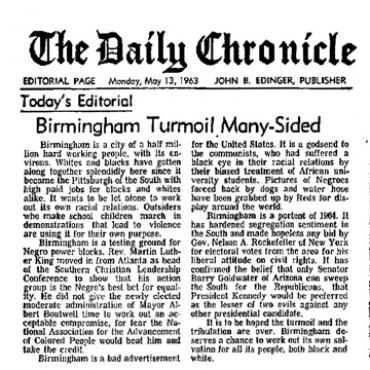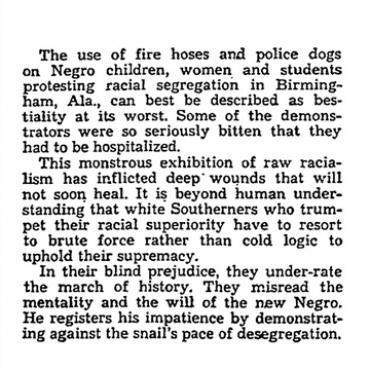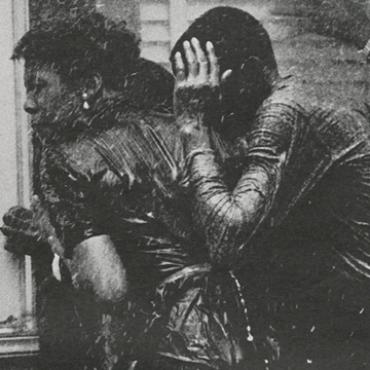
Lesson Plan
You Can’t Say That in School? Allowed or Not Allowed
Using laws and writings that influenced the development of the First Amendment, students “vote off” proposed amendments from the time period.
Get even more great free content!
This content contains copyrighted material that requires a free NewseumED account.
Registration is fast, easy, and comes with 100% free access to our vast collection of videos, artifacts, interactive content, and more.
Sign Up
?
NewseumED is provided as a free educational resource and contains copyrighted material. Registration is required for full access. Signing up is simple and free.
With a free NewseumED account, you can:
- Watch timely and informative videos
- Access expertly crafted lesson plans
- Download an array of classroom resources
- and much more!
Duration
30-60 minutes
Topic(s)
- Civil Rights
Grade(s)
- 6-12
- Break students into small groups and ask them to read the “Allowed or Not Allowed?” worksheet and circle yes or no for each scenario. They should attempt to agree as a group on one answer per scenario.
- As a class, discuss each scenario and the decision-making process using the prompts below.
- Allowed or Not Allowed worksheet (download), one per student
- Allowed or Not Allowed teacher background sheet (included in Allowed or Not Allowed overview)
- How did you reach a decision for each scenario? Did you think about whether the action described was illegal? (Do you know?) Whether it was annoying to others? Whether it would produce a positive or negative outcome?
- Was it hard to come to an agreement as a group for each scenario? Why or why not?
- In the world beyond the classroom, how do you think the authorities — police officers or judges in court — decide whether an action should be allowed or not?
- What if I told you that all of these actions are indeed protected by the First Amendment? Would that surprise you? Why or why not?
- In the world beyond our classroom, do you think everyone always agrees about whether actions like these should be allowed? Why happens when people disagree?
- The First Amendment freedoms are broad, but they are not unlimited. Where would you draw the line between what should be protected and what shouldn’t?
-
Common Core State Standards: CCSS.ELA-LITERACY.CCRA.SL.1
Prepare for and participate effectively in a range of conversations and collaborations with diverse partners, building on others' ideas and expressing their own clearly and persuasively.
-
Center for Civic Education: CCE.V
A. What is citizenship? B. What are the rights of citizens? C. What are the responsibilities of citizens? D. What civic dispositions or traits of private and public character are important to the preservation and improvement of American constitutional democracy? E. How can citizens take part in civic life?
